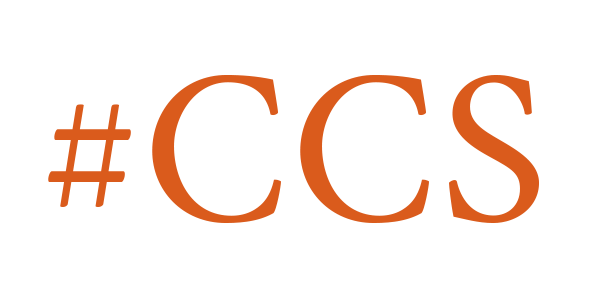Eaten by the Internet
This book makes internet infrastructure visible as a force of political power, which is transforming the social world, from the bottom up—through fifteen chapters contributed by a global set of researchers, activists, and techies. We are living in a unique moment: internet technologies are the default infrastructure for society, not just how we communicate but also how we organize our social life, politics, and economy, all the way down to our material environments, like cities.
The internet eats our world. Those who control the internet control the bounds of public speech, economic production, social cohesion, and politics, making its infrastructure a core political terrain in the networked age. The book’s chapters cover a wide set of topics, spanning from the global politics of content moderation by internet infrastructure to the colonialism inherent in the race to plug the moon, from the harms wrought by blockchain companies in rural America to the particularities of online censorship across Asia.
In doing so, this book roots contemporary technology debates in the politics of internet infrastructure and urges us to ask how can we ensure our infrastructures sustain us, rather than consume us?
The book is available for ordering online here and you can download a free copy of the pdf from the publisher’s website!
Radical infrastructure: Building beyond the failures of past imaginaries for networked communication
This 2023 article with Britt Paris and Sarah Myers-West in New Media & Society, demonstrates how Internet infrastructure alternatives presented as radical, new, or non-hierarchical present shortcomings and opportunities, so that it might be more possible to imagine better, more truly radical, people-centered alternatives.
We do so through a theory of radical infrastructure; by considering how a material analysis of infrastructure and its politics open up paths toward different futures. The research draws from our respective case studies of internet infrastructure governance. In order to move beyond the limiting factors in those current design efforts, we offer up three heuristics as a starting point: busting the myth of technosolutionism, re-politicizing Internet infrastructure, and reconfiguring data flows to dismantle corporate power by centering cooperative practices over connectivity.
Feel free to reach out for copies.
